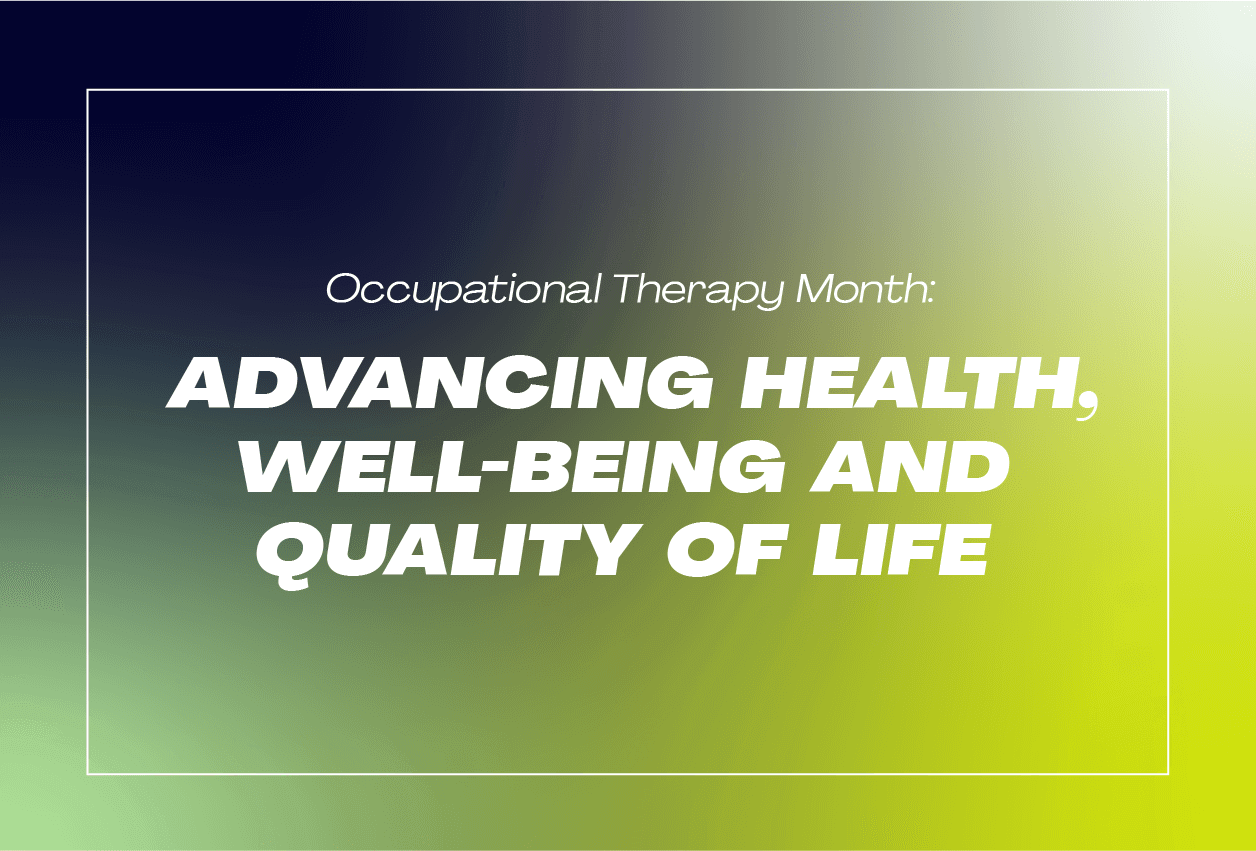By Rachel Lamb . 11/05/2023 · 11 Minute read
Born in 1944, Kerina Harrington grew up in the poverty-stricken town of Harare, Rhodesia (now recognised as Mbare, Zimbabwe). Battling racism, prejudice, ignorance, and colonialism, she was forced to learn at a young age that humans were easily divided into a social hierarchy based on the colour of their skin, and had to quickly understand that being a native African did not grant you social rights:
“People were categorised by their race in Southern Rhodesia, there were three different classifications: whites, Indians and mixed race, and Africans. Africans were considered the lowest race even though they were the indigenous of the land. This meant they were paid the lowest. It is to my surprise that the foreigners who came to our countries then were in charge of the indigenous people, instead of it being vice versa.”
Growing up, Kerina was well-known for her strong will and determination, demanding to walk long journeys on foot instead of being carried by her mother (even demanding to wear her mother’s shoes for the journey, which earned her the nickname ‘Kamuchacha’, meaning ‘fussy and fastidious’).
Her childhood was by no means an easy one. Life in Harare was a fight to survive for Kerina, who faced life-threatening challenges from a young age, including a severe form of malnutrition called ‘kwashiorkor’ and scabies at age four.
In order to survive and pay for their large family, Kerina’s father worked full-time as a tailor and her mother had to use whatever resources she could find to make ends meet and give her children a proper education, like selling home-grown vegetables and making home-made alcohol (which often got her into trouble with the local police).
But it was thanks to her hard-working father and enterprising mother that Kerina was able to attend primary school, where she worked hard on her studies (whilst simultaneously navigating the trials of puberty with a conservative ‘military-like’ upbringing) before moving onto where she would discover an unrelenting desire to become a nurse.
“A relative was ill and staying at our only very big local training hospital, so I accompanied my mother on her visits. I saw those nurses wearing that white uniform with a peacock-like cap on their heads. I spent most of that visiting time admiring them. I could not take my eyes off them. The way they talked, the way they walked, the makeup they wore, and the way they swung their hips. I was fascinated, intrigued, and sold on the profession.”
After two attempts at passing her GCSEs, Kerina’s journey to nursing officially began with a much-anticipated acceptance letter for a training course. It was the start of an incredible career that would be filled with challenges and obstacles, the first of which was paying for all the training supplies she would need - a list that would certainly not come cheap for her family.
To make her dream a reality, determined Kerina took a part-time job as a sorting clerk in a local clothes factory. Her steely resolve was even strong enough to soften her disapproving father, who would eventually show his pride by continually referring to his daughter as ‘sister’ (a term reserved for nurses).
When the first month of training finally arrived, Kerina was ready to take on the journey ahead, revelling in some exciting new experiences, like her very first real bed, new friends, and a payday that allowed her to buy some small luxuries for her parents. She was even allowed some holiday leave to travel the country and spend time with family. It was during her travels that Kerina experienced a life-changing encounter…
“On one of my afternoon walks, I saw a lady crouched down in severe pain. I quickly ran to her aid. I was shocked when I approached her to find out that she was in labour. The contractions were so strong that even though she had been near the maternity ward, she couldn’t make it there in time. During my first year of nursing, I had spent some time on the delivery ward and had witnessed how the midwives assisted during deliveries - little did I know that that experience would come in really handy one day.
There was a man walking past, and I asked him to quickly run and call the midwives. As he ran off, the baby was nearly here, so I asked the lady to lie down and the baby was safely delivered. The midwives arrived when the bouncing baby boy was already screaming his head off.
Instinct had kicked in, and I delivered that baby like an expert. That day, I decided I was going to specialise in midwifery.”
Soon after completing her nurse training and qualifying as a midwife, Kerina met her future husband, Willie. It was love at first sight and they were married in January 1967 after much family protest about Kerina’s race. Then came their first child, a daughter.
So, with a new husband and a beautiful baby it was time for Kerina to focus on her next big chapter - finding her first midwifery job as a senior sister at the mission hospital in Mnene. However, this decision meant leaving her husband at home in Salisbury, their hometown.
“Mnene hospital was very busy indeed. The maternity ward did not even have any standby cover for the doctors. Some patients waited hours to be seen. I gained lots of experience with breech deliveries, twins, and even performing episiotomies and suturing them.
It was then time for myself and some of the sisters to attend yearly mandatory training. It was about lunch time when someone came looking for me and said that my husband wanted to see me urgently. He told me that we had to leave for Salisbury; I had been accepted by the maternity ward to commence work the following morning. This is the letter I had been waiting nearly two years for. We were going to be a proper family once more.”
On her return to Salisbury, she gave birth to another daughter and was pregnant with her third child. But this didn’t stop determined Kerina from deciding to tackle a new training course for working in operating theatres. Life was going well.
But on January 12th 1972, life as she knew it came to a tragic end, when her husband was killed in a car accident during a torrential rainstorm. Kerina suffered unimaginable grief as she tried to cope with the loss of her husband, whilst caring for their three children and returning to work.
For Kerina, life had to go on, so she worked her way through several nursing jobs in her home nation before making the bold decision to travel to the UK in 1977 to start her career as a nurse in London, leaving her sister to care for the children until they could join her in England.
“My first impression was dislike and confusion; it was a very different world indeed. I settled quickly and got on well with the other foreign nurses from Australia, India, and the Philippines.”
During her first stint in London, Kerina met her second husband, Rob Harrington, and for a short time they moved back to Harare before deciding that the whole family, including Kerina’s children, should move back to London, where she was offered a sister role for the operating theatres at the Royal London Hospital in 1980. However, tough times, homelessness, and a fourth pregnancy meant Kerina was forced to decline the position.
Things finally turned around for the family when they found a new home and a settled family life in Fulham, with Kerina working just a short walk away at St Stephen’s Hospital. Her career would continue to blossom throughout the ‘80s and ‘90s. In 1984, she landed a senior nursing role at St Charles’ Hospital, where she worked from 1984 to 1992, before being transferred to St. Mary’s in Paddington. However, in 1995 she realised that a full-time agency career was her future.
“In agency work, you choose where you want to work and when. This was a good thing, as it meant that I could manage my chaotic lifestyle better. It has to be said that the agency companies do a great job of filling up that gap in the NHS.”
In her later life, Kerina continued to work hard in multiple hospitals and provide for her family as her mother had done before her. She took an advanced course in nurse management, an additional operating theatres course, wrote several industry articles, watched her daughter get married, and even brushed shoulders with the Queen at the NHS’ 50th anniversary celebration held at Buckingham Palace.
After years of hard work, it was time for Kerina and Rob to create their perfect retirement holiday home, and where better than back in Harare, where it all started for Kerina.
During the COVID-19 pandemic, Kerina and husband Rob isolated together in the UK, which allowed Kerina the opportunity to turn her life story into an incredibly detailed autobiography. All quotes within this article have been taken directly from her book - she was even kind enough to mention us in her final pages:
“My personal thanks go to my agency, Your World, and their most intelligent and conscientious army of supporters behind those computers who have worked so hard and tirelessly to keep me working. My thanks go to [recruiters] Craig and Danny Endean - my soul mates - without them this project may not have taken off the ground. It was their hard work and belief in me that allowed me to fulfil my dreams.”
Kerina celebrated her seventy-ninth birthday in March 2023 and is currently working on her second autobiography.
You can purchase a copy of Kerina’s first book on Amazon.











